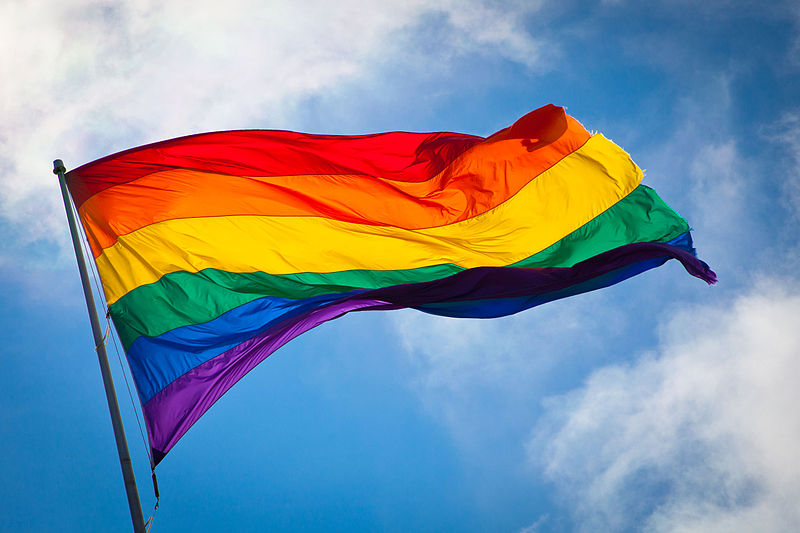
Over the hills and endless treetops of New London lies Connecticut College, a small liberal arts college with a reputable undergraduate program. Whether it’s the small classroom size, professor-student relationships, the Arboretum or its weird Thursday/Saturday night rituals, students have chosen this college to call their home for the next four years (or less for those graduating Camels). At the beginning of this school year, Connecticut College was named a “Top 25 LGBT-friendly” campus. To those who believe that Connecticut College was ranked number two on the list, the top 25 schools actually have no numerical ranking, as they were listed in alphabetical order.
According to the Huffington Post’s “Campus Pride Releases 2013 Top 25 LGBT-Friendly Universities And Colleges” article, “The efforts of Campus Pride over the past several years have, in turn, encouraged and aided colleges and universities to make policy changes and take steps toward ensuring that their campuses cater to LGBT individuals and a diverse range of experiences.” As a result, universities have come to realize and work on issues related to LGBTQ college communities, such as “transgender issues, health and well-being and recruitment/retention efforts.”
Campus Pride rates colleges and universities on LGBTQ policy inclusion, student life, academic life, housing, campus safety, counseling/health and recruitment and retention efforts using a five (highest) to one (lowest) star rating system. Overall there are over 350 campuses nation wide that have come out as LGBTQ-friendly.
When looking at this accomplishment, some things to take into account are the fact that a few years ago the LGBTQ Resource Center in Burdick House was non-existent. The Center was founded in February 2007. Much of its establishment was due to the great efforts of dedicated students under the leadership of History Professor Jen Manion with support from President Lee Higdon, former Dean Armando Bengochea and the then-Dean of Multicultural Affairs Tracee Reiser. Over the years, a number of students have served as educators and activists in regards to issues of heterosexism and homophobia.
Needless to say, as a Connecticut College student who identifies within the LGBTQ spectrum, I am very proud of this accomplishment. The Director of the LGBTQ Resource Center, Professor Manion, said the ranking is “wonderful and signals how far we’ve come.” She added that she was “proud of the education and advocacy accomplished in the last seven years by students, faculty and staff.” But what does this new acclaimed status mean to the campus? Manion replied that, “In general, we know that heteronormativity and the gender binary still organize and shape society and campus culture. So we always have a lot of work to be done.” She suggested that with a growing LGBTQ population on campus, “we are in need of more resources for the student body.”
Lastly, I asked whether or not this acclaimed status could prevent improvement on campus (e.g., lack of change in policies, demographics, etc.)? Manion said that “sometimes recognition like this makes it seem like there are enough resources and support. I, however, like to think of it as motivation to do even more because it’s the right thing and because we can.” Her comment on stressing the importance to continue to create change is important because issues of homophobia and heterosexism do not take a day off. And unless we are actively creating discussions on campus around these issues and among others, then we are not really helping our college create a safe, inclusive space for everyone to thrive.
If you are interested in continuing to learn more about issues that are important around gender identity, expression and sexual orientation, I highly suggest stopping by a meeting of the LGBTQ groups that meet in the LGBTQ Resource Center on campus. CQ2: Connecticut College Queer and Questioning meets on Mondays at 10 p.m. Spectrum: LGBTQ Ally Organization meets on Wednesdays at 8:30 p.m. and QPoC(+): Queer People of Color and Ally group meets on Thursdays at 7 p.m. •









